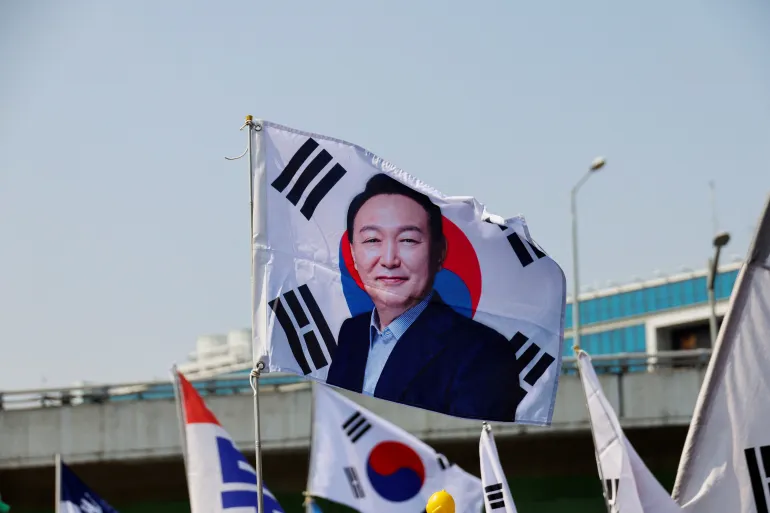Belarus also asked to be allowed to export its own fertiliser products, which are currently subject to Western sanctions.
Belarus told the United Nations that it would allow, without conditions, the transit of grain from Ukraine through its territory, for export from Lithuanian ports, a UN spokesman said.
Belarusian Deputy Minister of Foreign Affairs Yury Ambrazevich met with UN Secretary-General Antonio Guterres in New York on Friday to tell him there are no preconditions to the transit of Ukraine grain, UN spokesman Stephane Dujarric said.
Ambrazevich also “reiterated the requests from his government to be able to export its own fertiliser products, which are currently subject to sanctions”, Dujarric said in a statement after the meeting.
Belarus, a big global potash producer, has been hit by harsh European Union sanctions since 2020 – which disrupted its exports of the fertiliser via the Baltic Sea ports – in response to the violence inflicted by authorities on peaceful protesters following disputed elections. At that time, Minsk required Russian help in quashing the wave of pro-democracy protests.
A Russian ally and part of the staging ground for Moscow’s invasion of Ukraine, Belarus said in June that it would let Ukrainian grain shipments to transit to Baltic Sea ports if Belarus was allowed to ship its goods from those ports as well.
Ukraine did not agree to the proposal.
Since the start of the Russian invasion, Belarus has largely stayed away from direct involvement in the war in Ukraine. However, President Alexander Lukashenko has in the past ordered troops to deploy with Russian forces near the Ukrainian border, citing threats to Belarus from Kyiv and the West.
Kyiv has expressed fears that Belarus could collude with Russia and attack Ukraine from its northern border.
In July, the UN and Turkey brokered a deal with Russia and Ukraine to resume Ukraine’s Black Sea shipments of grain – stalled since the start of the war when Russia imposed a naval blockade of Ukraine’s ports.
The United Nations has said Russia’s war in Ukraine has worsened a global food crisis, pushing some 47 million people into “acute hunger”.







